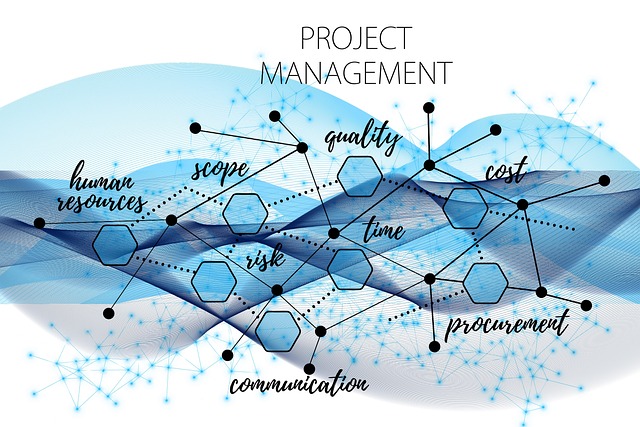Successful property management in real estate requires strategic budgeting for operating expenses (OPEX), encompassing utilities, maintenance, taxes, and insurance. By analyzing historical data, market trends, and individual property needs, professionals can differentiate fixed from variable costs, creating robust budgets for financial stability and profitability. Effective OPEX management involves categorizing costs, leveraging software, regularly reviewing expenses, and using digital accounting tools like QuickBooks or Xero to track cash flow dynamics. Strategies such as contract negotiation, energy-efficient systems, and smart technology further reduce operational costs, ensuring investors maximize returns while maintaining comfort and safety.
In the dynamic realm of real estate, precise budgeting is key to navigating market fluctuations. This article guides you through mastering budget planning for operating expenses. We’ll explore the intricacies of understanding these costs, from rent and utilities to property maintenance. Learn effective strategies to forecast and allocate funds accurately. Discover powerful tools and insightful tips to stay on track, ensuring your real estate investments thrive with efficient financial management.
Understanding Operating Expenses in Real Estate

In the real estate sector, understanding and accurately budgeting for operating expenses is paramount for successful property management. Operating expenses (OPEX) encompass a wide range of costs directly linked to the day-to-day operations of a real estate asset, including properties like apartments, offices, or retail spaces. These expenses vary greatly depending on factors such as location, property size, and tenant mix. From utility bills and maintenance costs to property taxes and insurance premiums, each component demands meticulous attention when preparing financial projections.
Accurate budgeting for OPEX involves a deep dive into historical data, market trends, and detailed assessments of the specific property’s needs. Real estate professionals must consider both fixed expenses, which remain consistent over time, and variable costs that fluctuate based on occupancy rates, energy prices, or other external factors. This nuanced understanding enables investors and managers to create robust budgets, ensuring financial stability and potentially identifying areas for cost optimization, thereby enhancing the overall profitability of real estate ventures.
Strategies for Accurate Budgeting

In the dynamic landscape of real estate, accurate budgeting for operating expenses is a cornerstone of successful investment and management. A robust strategy involves meticulous tracking and forecasting. Begin by categorizing expenses into fixed (rent, utilities) and variable (marketing, maintenance). Utilize historical data to predict future costs, adjusting for seasonal fluctuations or market changes specific to the property type.
Leverage technology, such as accounting software tailored for real estate, to streamline the budgeting process. These tools allow for automated expense tracking, generating insights that facilitate informed decision-making. Regularly reviewing and reconciling actual expenses against the budgeted amounts ensures accuracy and enables proactive cost management, ultimately maximizing returns on real estate investments.
Tools and Tips to Stay on Track

Staying on track with budget planning is crucial in real estate, where costs can quickly spiral out of control. Thankfully, there are numerous tools and tips available to help investors manage their operating expenses efficiently. Digital accounting software, like QuickBooks or Xero, allows for detailed tracking of income and expenses, providing clear insights into cash flow patterns. These platforms also offer automated expense categorization, making it easier to identify areas where cost-cutting measures can be implemented.
Regularly reviewing financial statements, creating realistic budgets, and setting up alerts for upcoming bills are effective strategies. Additionally, negotiating contracts with vendors, exploring alternative service providers, and adopting energy-efficient practices can significantly reduce operational costs. Leveraging technology, such as smart thermostats or security systems, further enhances cost savings without compromising on comfort or safety.






